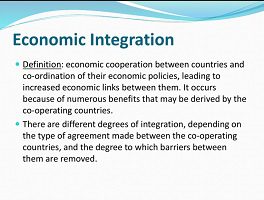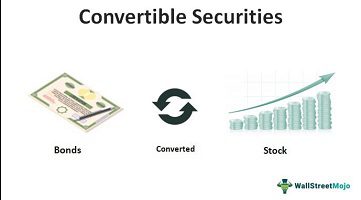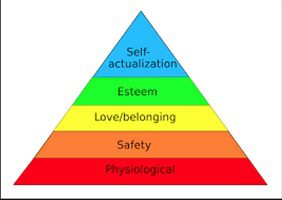Economics/Business
Economics
Economics is the social science that studies how individuals, businesses, governments, and societies allocate scarce resources to satisfy their unlimited wants and needs. It is concerned with the production, distribution, and consumption of goods and services, and the decisions and behaviors of individuals and institutions that shape these processes.
By reading the intensive articles of Englopedia.com you will grasp that it is a broad field that encompasses various branches and subfields, including microeconomics, macroeconomics, international economics, labor economics, behavioral economics, and many others. Microeconomics focuses on the behavior of individuals and firms, while macroeconomics looks at the overall performance of the economy, including issues such as inflation, unemployment, and economic growth. International economics examines the flow of goods, services, and capital across borders, while labor economics focuses on the behavior of workers and employers in the labor market.
Englopedia will make you aware that Economists use a range of tools and techniques, such as mathematical modeling, statistical analysis, and experimental methods, to study and analyze economic phenomena. They aim to understand how markets work, how individuals and institutions make decisions, and how public policies and institutions impact economic outcomes.
Through the leading articles of Englopedia you will realize that Economics has significant implications for individuals, businesses, governments, and societies, as it can inform decisions related to investments, production, taxation, trade, and social welfare policies. It is a crucial field of study for understanding the functioning and dynamics of modern economies and for addressing pressing global issues, such as inequality, climate change, and economic development.
-

Early retirement definition its Causes and Examples
What is Early retirement The early retirement is the possibility for a person to get the benefit of a public pension…
Read More » -

Quantitative theory of money and Contributions of Irving Fisher and theorem
Quantitative theory of money Irving Fisher was an American economist. He was born on February 27, 1867 in Saugerties and died on…
Read More » -

Economic integration definition with Levels Reasons and Types
Economic integration The economic integration is a complex process that reduces trade bans and political and financial links between the countries involved,…
Read More » -

Spot market vs futures market with major differences
Spot market vs futures market In this article we will provide you the information about Spot market vs futures market…
Read More » -

Gold stock definition with Characteristics free market and creation
Gold stock The gold stock or golden stock is a type of stock . This gives its holder the possibility of making certain political…
Read More » -

What is convertible stock definition with Convertible Stock Returns
Convertible stock Convertible stocks are stocks that, as their name suggests, have the main characteristic that they can be altered, changing…
Read More » -

Bearer shares definition with Advantages and Disadvantages
Bearer shares An action to the carrier is one where the owner is who owns the physically title. And therefore, there…
Read More » -

Work accident definition with Types example and legislation
What is Work accident The work accident is that contingency that a person suffers in the performance of their work…
Read More » -

How to manage absenteeism in the workplace with types Consequences and avoidance
What is Absenteeism Absenteeism consists of leaving the place of employment and the duties inherent to it. It can also…
Read More » -

What is Abraham Maslow best known for with main contributions
Abraham Maslow Abraham Maslow was a psychologist who lived in the 20th century. His ideas revolutionized some aspects of his discipline. Some…
Read More »